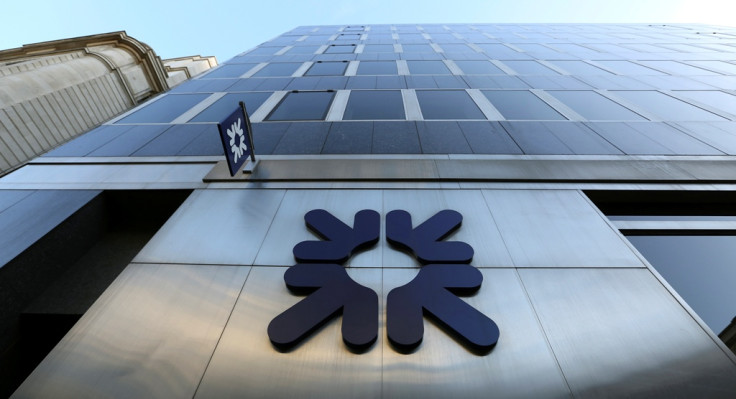RBS 'Wilfully Obtuse' in Evidence About SME Profiteering, says Lawmaker

The chairman of an influential panel of lawmakers has slammed the Royal Bank of Scotland for being "wilfully obtuse" and delivering a "belated U-turn" when it came to giving evidence over whether it made money by putting failing businesses in a specific unit.
After receiving a letter from RBS Deputy Chief Executive Chris Sullivan and its Global Restructuring Group (GRG) boss Derek Sach, which contradicted the evidence they gave to the Treasury Select Committee in June, Andrew Tyrie said he would write to RBS Chairman Philip Hampton on the matter and the committee would report on it after the summer.
"It now appears that RBS has been wilfully obtuse with the committee. If this is how RBS deals with a parliamentary committee, how much can customers and regulators rely on it to be straightforward with them?" said Tyrie.
What Did They Contradict?
RBS places struggling clients in the GRG unit to help them return to profitability and overall financial health.
However, a number of reports, including one by former Bank of England deputy governor Sir Andrew Large, claimed the bank profited from failing corporate clients.
In June, Sullivan and Sach contradicted Large by telling politicians that GRG was not used as a "profit centre".
But only a month later they wrote to Tyrie saying: "With regard to the term of "profit centre" we wish to make clear we do not disagree with the way that that accounting term was used by Andrew Large in his report."
Wasn't There Another 'Damning' Report?
At the end of November last year, the Financial Conduct Authority (FCA) asked a number of banks to confirm that they did not engage in similar practices to those allegedly followed by RBS, in which businesses were engineered into default while the firm profited from them.
Lawrence Tomlinson, a former adviser to Britain's business secretary Vince Cable, claimed that RBS pushed businesses into default after moving them into its GRG.
He added that the 81% government-owned RBS also profited from their struggles as by moving them into GRG, this can create more revenue for the bank through higher fees and margins.
It can also result in the purchase of devalued assets by its property division, West Register.
RBS then reeled in heavyweight lawyers to investigate.
However, Clifford Chance has since said that "it found no evidence of systematic fraud" and RBS CEO Ross McEwan said that customer trust "was put at risk" by Tomlinson's allegation.
"This allegation had a profound effect on the bank and on the work of a team that successfully turns round the vast majority of businesses that it works with," said McEwan.
"We could not let this allegation hang over us. That's why we acted quickly to appoint Clifford Chance to get to the truth of this claim. We are determined to earn back the trust of our customers."
Despite this, the FCA is investigating GRG.
© Copyright IBTimes 2024. All rights reserved.






